
A hacker might not cause any noticeable damage when infiltrating your web server. You may not notice any change in performance or any loss of data.
But that doesn't mean everything is okay. A popular use of a compromised server is to distribute malware.
Malware is malicious software. It gets embedded into your website's pages and can infect any visitors to those sites.
Hackers do this by injecting malicious code into a database or into web page templates. Visitors get redirected to malicious sites, or inadvertently download trojans.
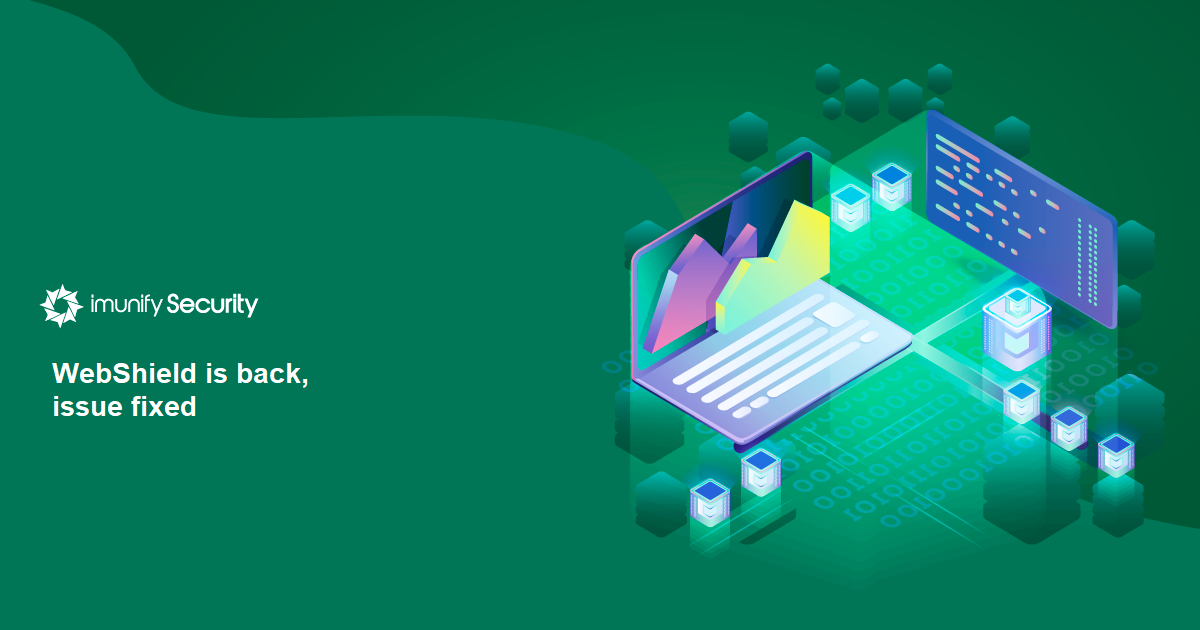
Here we announced the issue related to WebShield in Imunify360. As a quick-fix measure, we disabled WebShield remotely for the customers.
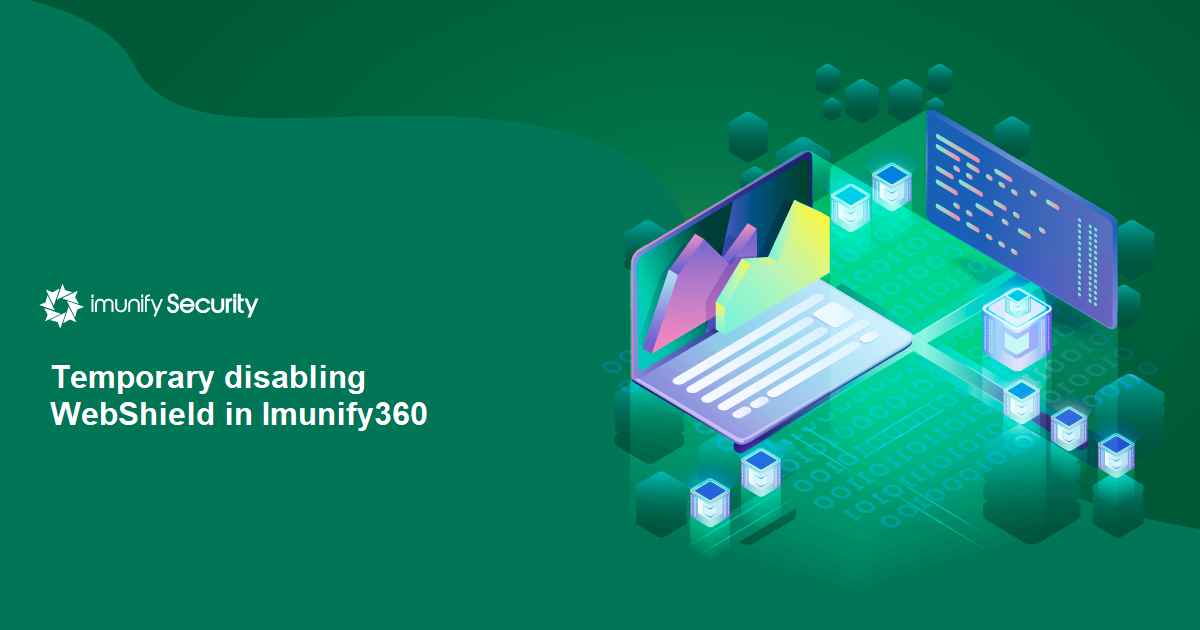
Recently, we’ve noticed an issue related to WebShield in Imunify360. You can recognize it as an infinite loading of the page for a website using Cloudflare. A few customers with more than 75K greylisted IPs might be affected.

Very often, web hosting administrators start to take security measures only after a website has been hacked. So, let us imagine the situation when ImunifyAV has been installed on such an infected server. All malware has been cleaned in one click, and all malicious activity has been stopped.
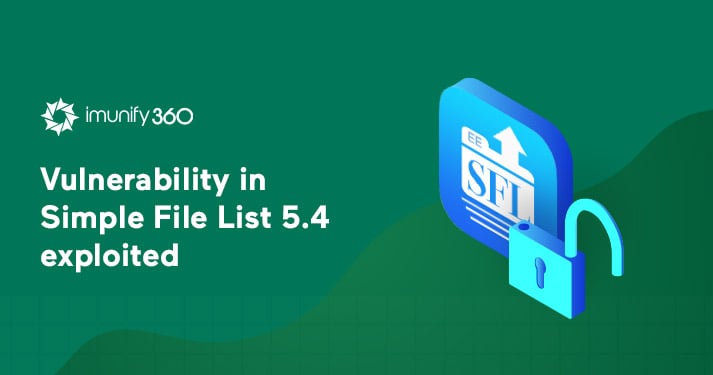
The new week started with a new campaign trying to widely use the Arbitrary File Upload vulnerability in the Simple File List plugin for WordPress.
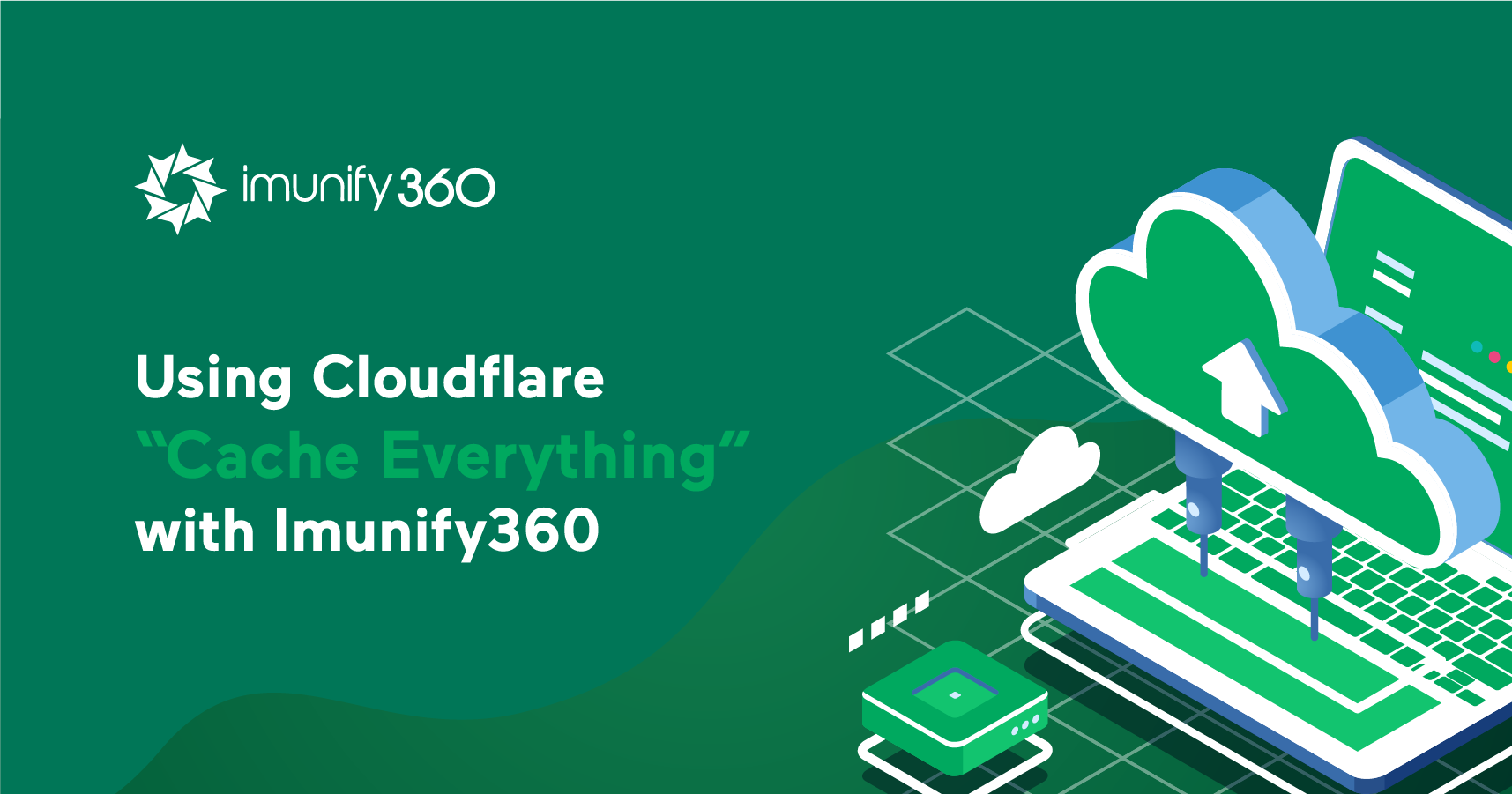
Recently, we got a few support requests related to the usage of Imunify360 with Cloudflare. We’d like to explain the root cause and provide you with a workaround.
The issue was looking like an inability to pass the Captcha causing an endless loop. Further investigation revealed an issue caused by custom cache settings in the Cloudflare control panel.
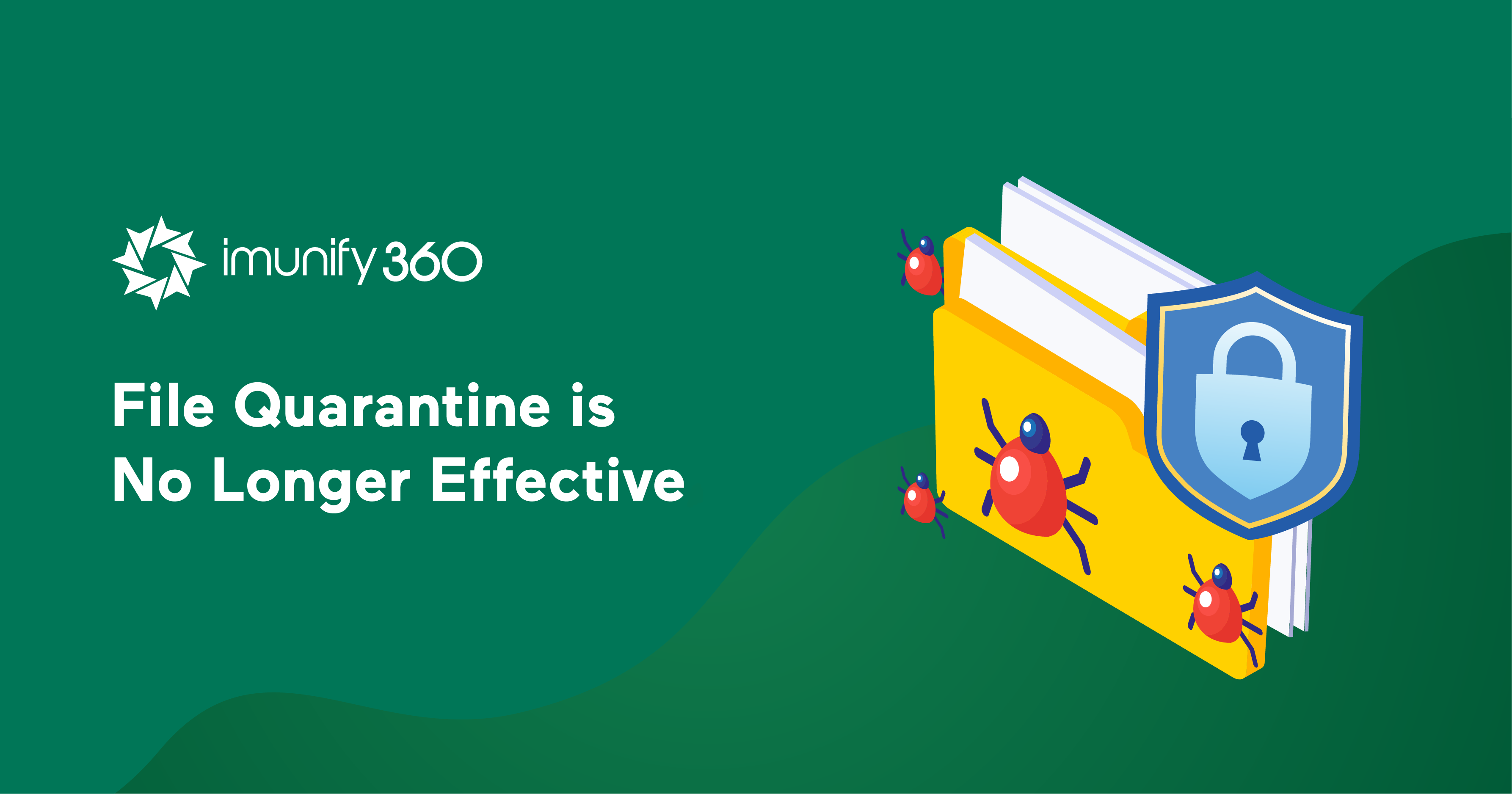

The high severity vulnerability in Post Grid WordPress plugin that appeared in public resources is suspected to be the cause of attackers’ interest to exploit the affected systems.
The discovered vulnerability allows an attacker to forge the template with further inclusion of its code to the application's backend with the ability to perform malicious actions involving privileged users. This could end up with a stolen administrator session or malware injection.
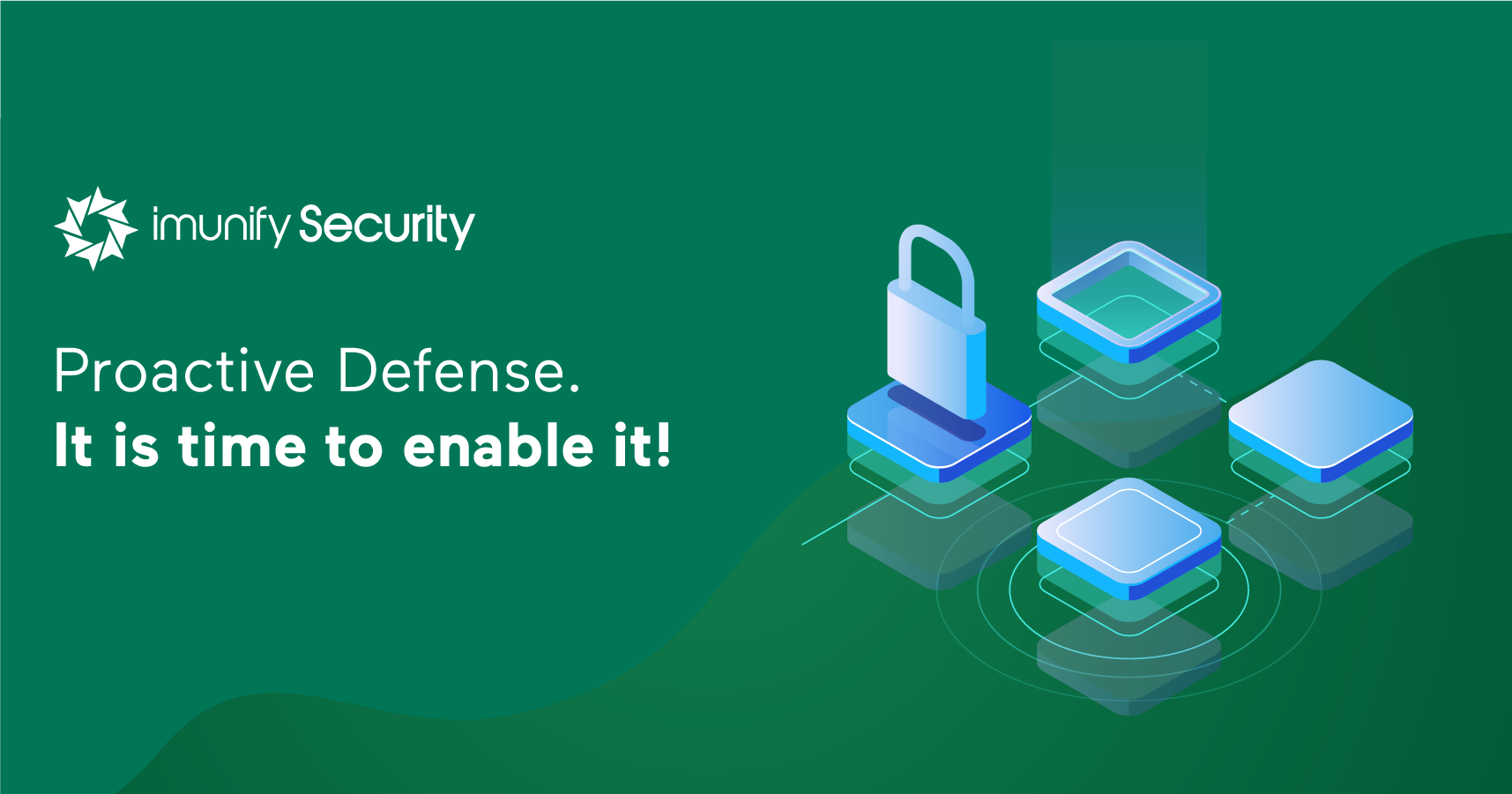
Frequently during an investigation of malicious activity, we face infections that spread through the attack vector that could not be covered by plain WAF rule. For instance, it is possible when
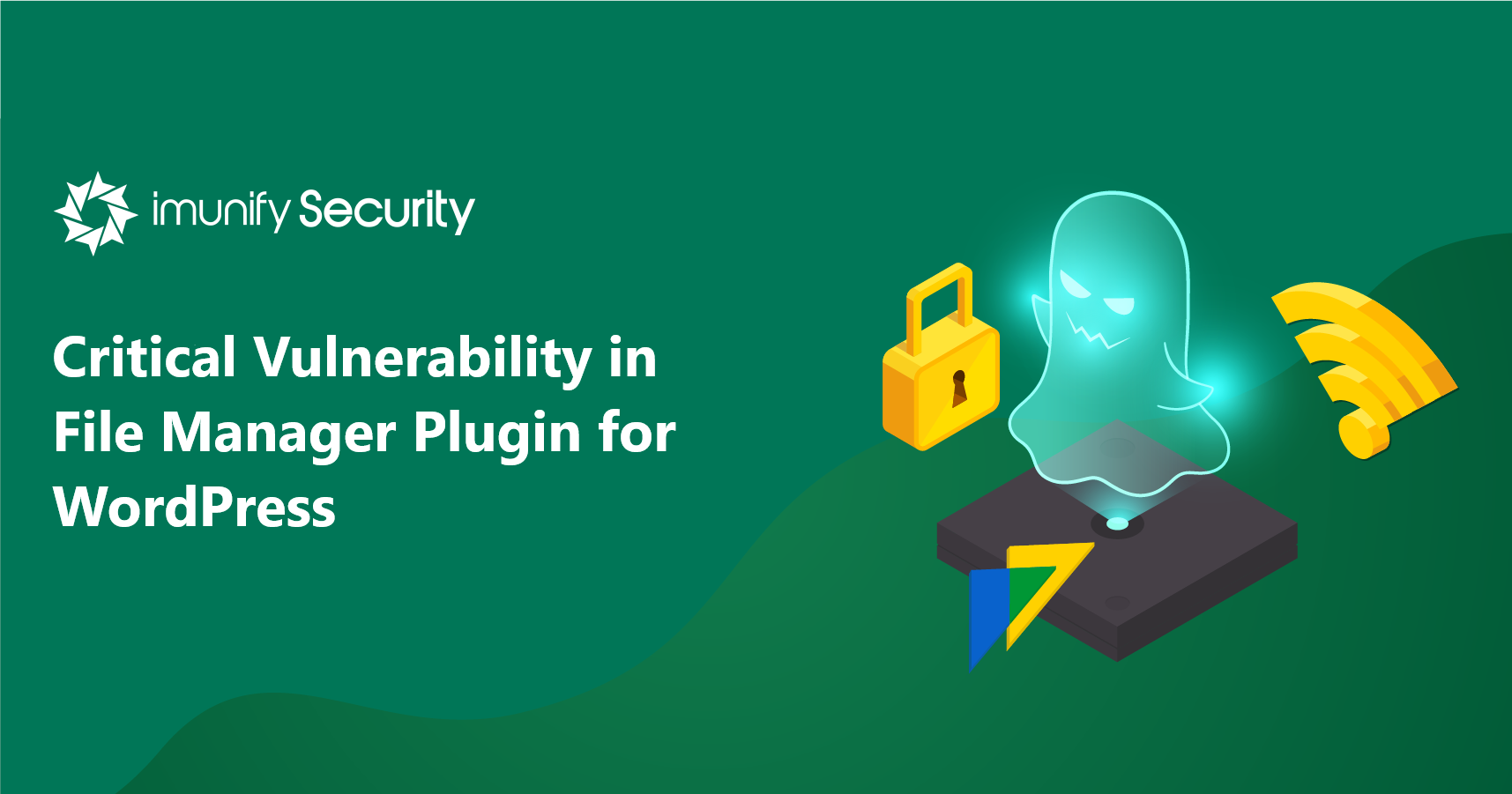
On Wednesday, 2 September, the Imunify360 Web Protection Team detected a significant rise in blocked malware that day. Most of the malware was located in the /wp-file-manager/lib/files/ directory path.
When we investigated, we determined that there was a critical vulnerability in the File Manager plugin for WordPress, and that this vulnerability affected a variety of applications.

.png?width=115&height=115&name=pci-dss%20(1).png)
